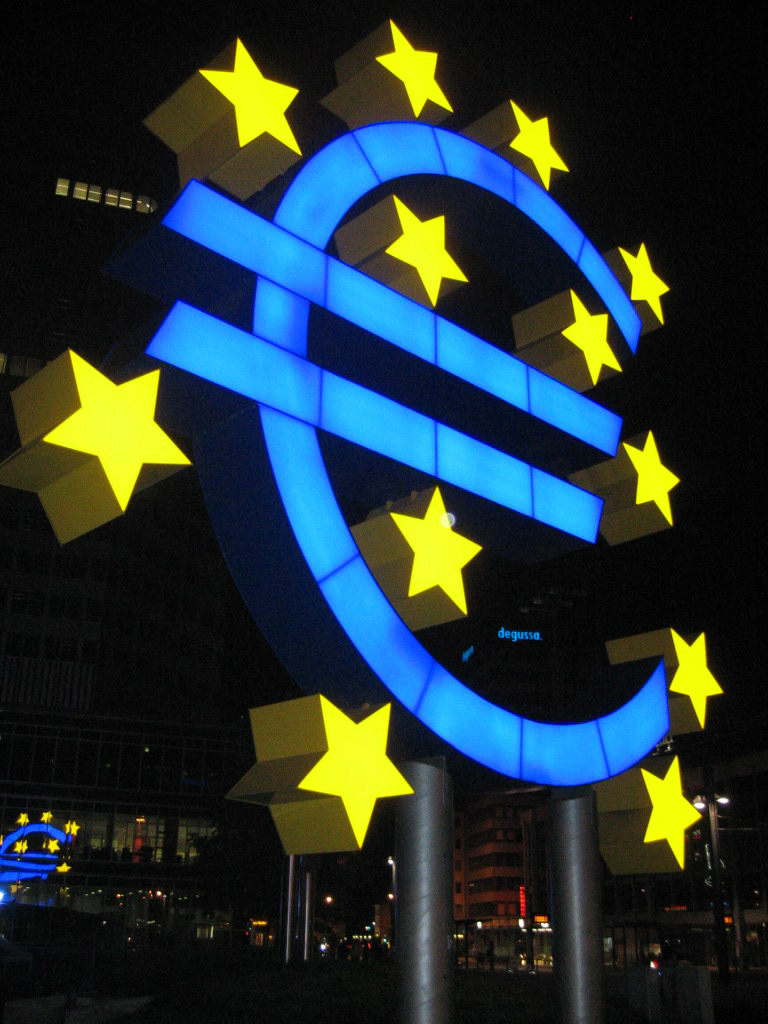Experienced Investor
Funds that stand to gain from a weak euro

The euro has shed more than 9% against the British pound since the start of the year, marking one of the biggest slides for the currency over the past five years.
While this is great news for holidaymakers and those looking to buy a bolthole on Continental European shores – the weak euro could potentially pose an investment opportunity for some investors.
The single currency first started to weaken at the start of this year when the European Central Bank (ECB) introduced quantitative easing – a programme of buying bonds which has the effect of pumping money directly into the economy.
The euro has been sliding further due to problems surrounding Greece and its creditors. In fact, Greek uncertainty has been the main driving force behind most of the euro’s weakness this year.
The possibility of a Brexit, a British exit from the European Union, and indeed the referendum itself on the horizon will also be cause for fresh attacks on the currency’s value when/if the time comes.
Although the political uncertainty on the European mainland is likely to leave many worried about Europe’s future, there may be opportunities for investors to position themselves in a way which softens any sharp blows and net returns as the market recovers.
European companies with a big focus on exporting outside of the eurozone are most likely to benefit from a weak euro and, therefore, will be more attractive to investors. These companies stand to benefit the most from being able to cheaply manufacture in euros, which they then sell at attractive prices to overseas consumers outside of the eurozone.
Just to highlight how much a company can stand to benefit in this situation, the boss of Airbus recently said that a €0.1 depreciation of the euro adds around €1bn to the aircraft company’s bottom line, as Airbus predominantly sells in dollars.
A report by ratings agency Moody’s suggested that the auto sector is likely to be the biggest beneficiary of a weak euro. The likes of BMW, Daimler and Volkswagen stand to gain as they export heavily to the US consumer base.
Indeed any corporate in the business of manufacturing in euros and selling in US dollars, or any other strong currency, is positioned well.
Buyers looking to capture some of these tailwinds will most likely seek out funds with a decent level of exposure to the consumer sector – so that’s your automakers, your cosmetics producers like L’Oreal, and generally the big exportable European names.
Fund picks
Investors looking to capitalise from a weak euro will most likely be drawn to funds with a higher level of exposure to the European consumer sector.
One good option is the Argonaut European Alpha fund headed up by Barry Norris. The manager assesses the economy from both a global and country level to see if companies’ earnings forecasts are realistic.
The fund’s strategy has been consistent in recent years – although at points it has failed to return as much as the index. Still, it is worth noting that the fund has managed to limit losses for quite some time despite a struggling European market.
The research team at FE Trustnet believes the fund offers good value for money, if you take into consideration that the fund has had a high number of transactions to renew the portfolio but the ongoing charge figure is average for the sector.
The consumer products sector ranks third in the fund’s holdings after financials and industrials. The fund is also one of the top 100 funds recommended by the research team at FE Trustnet.
Another possibility is the Henderson European Selected Opportunities fund. John Bennett and Asim Rahman believe that investor sentiment for companies becomes excessively high and then excessively low. This offers them opportunity to pick up companies when they are relatively cheap; in fact the managers put great emphasis on getting the price right. Saying that, they will pay more if a company’s growth prospects look promising.
Historically, the fund sold out of financials back in 2007, managing to shelter from the free fall from the 2008 crisis, then buying up banks again in 2011 as the sector was on its way up. The fund has decent exposure to the consumer sector, ranking third in the sector breakdown, much like the Argonaut fund, but relies heavily on the pharmaceutical industry to churn out profit.
Investors looking at these funds should expect to hold for at least seven-years – at least in part to soften the effects of short-term shocks on the fund from the European political landscape.
Tahmina Mannan is market and industry content editor at FE Trustnet
[article_related_posts]